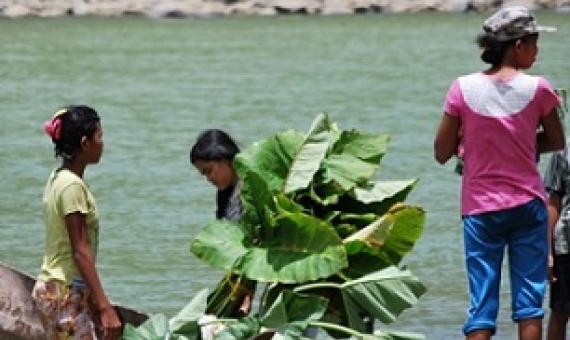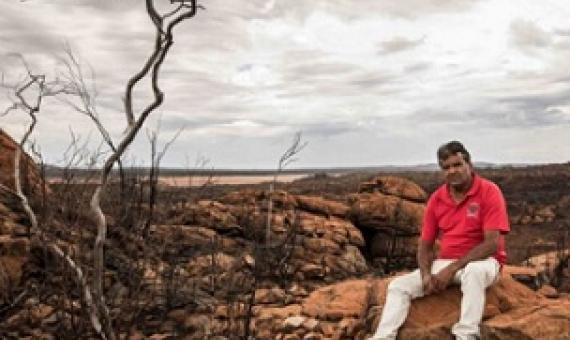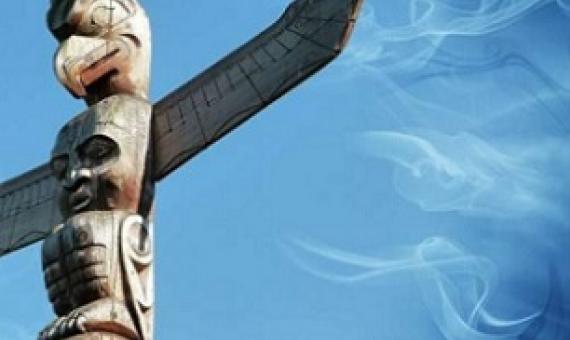In 2016, members of the IUCN, the global conservation authority, voted to change its membership structure and include Indigenous peoples’ organizations as a new constituency. The agenda was released following a summit for Indigenous participants at the IUCN World Conservation Congress, and c
Scientists’ Warning to Humanity on Threats to Indigenous and Local Knowledge Systems
The knowledge systems and practices of Indigenous Peoples and local communities play critical roles in safeguarding the biological and cultural diversity of our planet. Globalization, government policies, capitalism, colonialism, and other rapid social-ecological changes threaten the relationships between Indigenous Peoples and local communities and their environments, thereby challenging the continuity and dynamism of Indigenous and Local Knowledge (ILK).
Healthy economies and societies need a healthy environment, so conserving nature is good for people – but for it to be both equitable and effective, conservation has to be done with and for local people.
Two sites in Western Australia amassing to an area larger than Tasmania have been placed in the care of traditional owners. The land totalling seven million hectares has been declared Indigenous Protected Areas and dedicated to the National Reserve System.
New research has found that Indigenous knowledge is regularly underutilised and misunderstood when making important environmental decisions.
Traditional knowledge and the BBNJ instrument
Indigenous Peoples and local communities (IPLCs) are the holders of a vast amount of traditional knowledge of the ocean and its resources.
Considering Indigenous Peoples and local communities in governance of the global ocean commons
The United Nations are currently negotiating a new international legally-binding instrument to govern the global ocean commons, a vast area beyond national jurisdiction (ABNJ) owned by everyone but not cared for by any single entity. Indigenous Peoples and local communities (IPLCs) have been underrepresented in the debate about governance of ABNJ despite their internationally recognized rights and their role as custodians of many globally-significant migratory species that travel between coasts and high seas.










